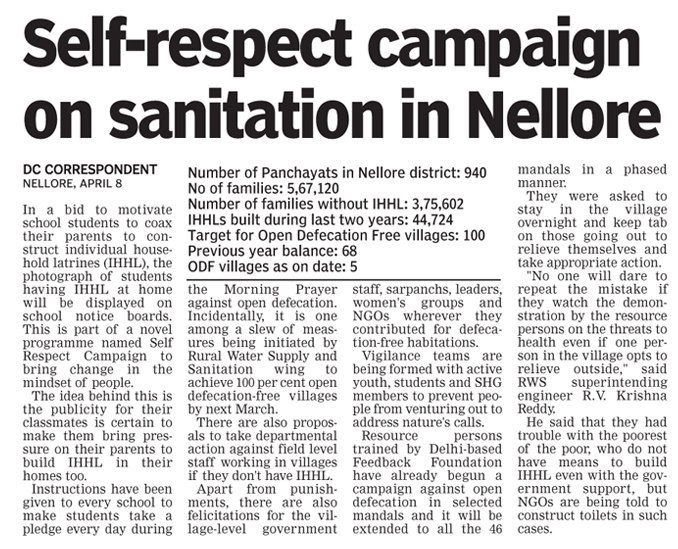Detroit has set me thinking more than Philly or DC. There’s something about this place, which resonates with may be few other cities in US, something that may be inspirational, but also something that makes you cautious about not repeating some mistakes or praying those do not happen to you.
Let’s look at three things- What has happened in Detroit, and why it has happened? What are the positive things which give hope? What are the risks? While we look at these three issues, I am sure, there would be a deeper understanding of ‘U.S.’ and lessons we can take back home.
What has happened in Detroit, they call de-industrialisation. I was surprised to find this was another term (one connoting the negative impact) for globalisation. So Detroit, the ‘car city’ with prosperous 2 million people in the 50s is now reduced to 7,00,000 people. The images of dilapidated factories, residences are commonly known. 1/3 of the city has become vacant. The contrast vis-à-vis the suburbs is striking on all parameters. The suburbs have all better socio-economic indicators than the city. The city is said to have remained inhabited mainly by the less educated, less skilled African American population. The city, they say is not very safe.
The ‘academicians’ here argued about the ‘why’ of it. They began by countering what they called ‘the three myths’- the three reasons to which downfall of Detroit is ascribed. One, the riots of 1967 which injured more than a thousand people; two, one Mayor, Coleman Young in 1970s who fanned divisive policies and deepened the racial divisions; and three that there is something ‘inherently’ wrong with the character of the people here. The argument was that while riots did affect a lot of things, and while Young remains to this day a person hated for his divisive policies; these were just effect/incidental to the wider causative factors for Detroit’s fall. The causative factors were- a. de-industrialisation and b. faulty housing policies. The first one does not as yet ring bells, as fortunately, we (India) have been able to avert such negative effects of globalisation. There may have been adverse effects, but I do not know of people ‘deserting’ cities and cities witnessing a downfall. How painful that process must be. And which is why, we have to always guard against the risks. It was mentioned that the ‘housing policies’ facilitated ‘whites’ to move out to the suburbs by giving them subsidies. The ‘housing’ policies were unfortunate, and the fact that such policies are possible is a grim pointer to the real deep ethnic divisions that must have (still?) pervade the system. While India takes no pride in being an equitable system (we have castes and classes too!); but we have not witnessed a State-driven policy that accentuates racial division. The policies may sometimes be skewed on economic lines; the implementation of policies may also leave much room for improvement; but class/caste/race policies (in the name of ‘affirmative’ action for the better offs) are unheard off. And we must credit the robustness of our Constitution for that; while always being mindful of the challenging/daunting task in implementing policies equitably.
There are issues driving from race/identity, which are very particular to this place (across?). US in that sense is unique, with so many classes/races/colours, that who is original and who has come later has got blurred. And the strength of this Nation must also lie in part to the great ‘accommodative’ character of this Nation for the best of all races. (The ‘job stealer’ argument perhaps is more of a political rhetoric than a real issue). The way some provinces in India, back home are going- whipping up the regional/caste/class chauvinism- then is a cause for concern. But there are also issues, which may be cultural. The school suspension system, cry for ‘safe spaces’ for children to speak up, teenage pregnancies, broken families and their psychological impact on children, the worsening inter-generational gaps in care- these are issues, which may not be staring us in face today; but they are around the corner, and we better be prepared.
Let’s see where hope lies for this city. The hope lies primarily in the numerous community efforts to rebuild the city. Grace Lee Boggs, 96 is a first generation Chinese Detroitian who has transcended class and racial boundaries to pursue her passionate belief in a better society and made a fundamental difference in keeping alive the traditions of the struggles for freedom and democracy. Like Grace there are colleges, youth groups, business groups who are being part of what Grace calls a 21st Century revolution- rebuilding the city in the post de-industrialisation phase. Many believe that while cities like Pittsberg have revived much faster, Detroit still is struggling hard. The reasons must be researched for the same.
One reason could be ‘governance’. Surprisingly, one of the speakers Mr. Ismael Ahmed[1]’s take on the ‘biggest hindrance for good policies’ was ‘politics’ (and we thought it was worse back home alone?). There are whispers about Detroit having a less than desirable Mayor even now. Grace has this recipe for this intractable problem- move from ‘representative’ democracy to ‘participative’ democracy. Her team strongly disbelieves that any of the elected ‘leaders’ have any passion or desire to better the things. They believe that ‘change’ in US has always occurred due to ‘pressure’ from outside, rather than from within! Or do we need people ‘within’ too to be sensitive to listen to the right noises. The churning goes on within me!
[1] University of Michigan, former Executive Director- ACCESS- Arab Community Center for Economic and Social Services




